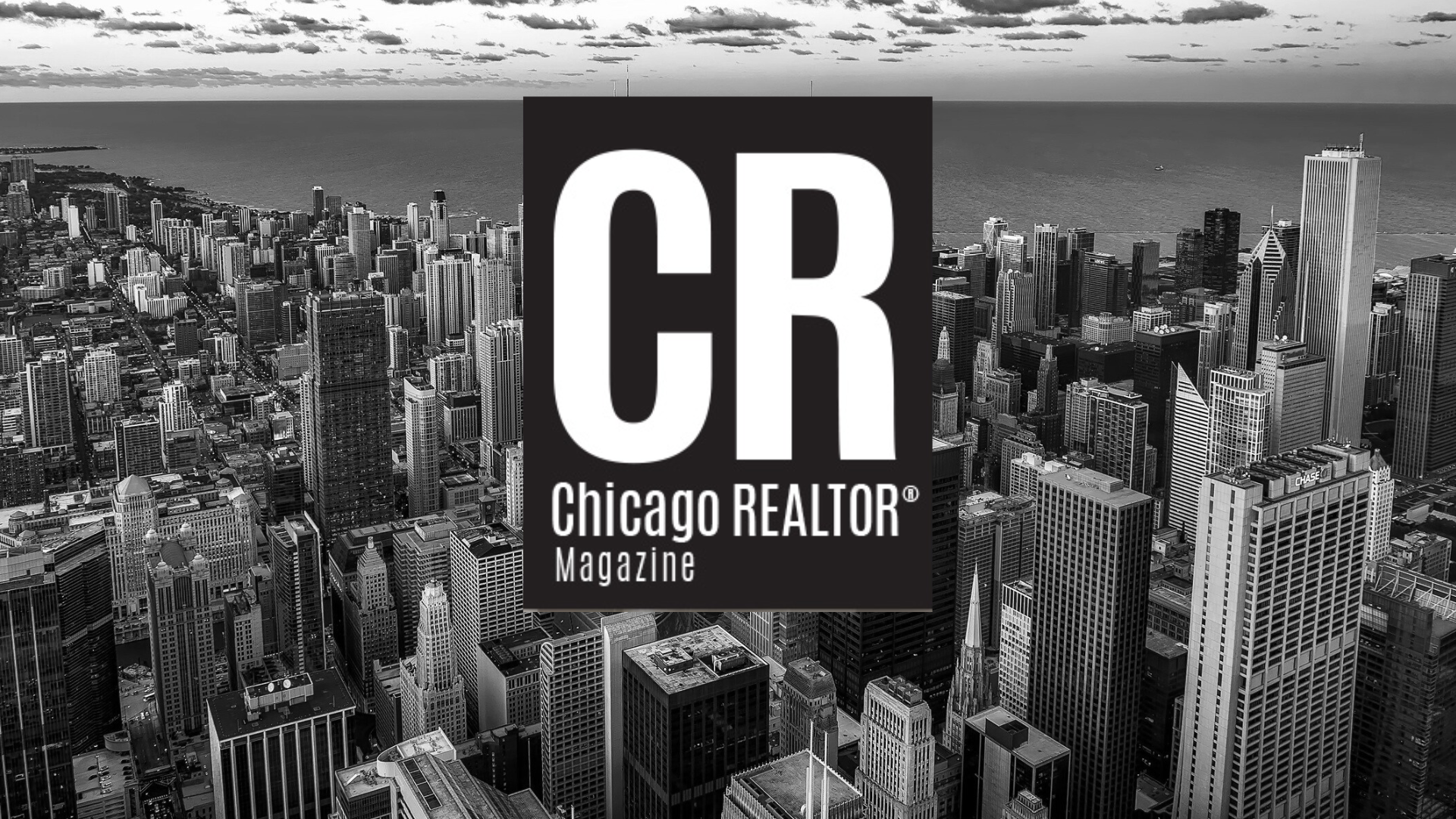Dual Agency is a topic each of you have likely heard before, but it’s usually not until your first Dual Agency transaction that you truly understand the entire scope, including legal requirements and steps needed to avoid any disciplinary action. Before we dive into it, let’s take a quick look at the different agency types in Illinois, and how they apply in different transactions and scenarios.
Illinois has three different types of agency relationships with consumers: No Agency, Designated Agency and Dual Agency. It is important to know that no matter which agency relationship you have with a client or consumer, all of them have a requirement of written disclosure or notice. Further, while we will discuss this from a for sale transaction scenario, everything being mentioned also pertains to rental transactions. The License Act and agency disclosure requirements make no distinction between the two.
NO AGENCY
This person is not your client and you do not owe them fiduciary duties. You must disclose this non-agency relationship at the earliest opportunity in writing to avoid the consumer from sharing what they would perceive to be confidential information with you.
A common example of No Agency is when you have a listing and an unrepresented member of the public calls because they saw your yard sign or responds to a Facebook ad. They do not have a broker and you are about to schedule a showing with them. You must provide them a Notice of No Agency before the showing or at the time of scheduling so that the consumer is aware you are not their broker and represent the seller of the property. This agency relationship can evolve from No Agency to either of the following relationships over time with the proper updated written disclosure or notice.
DESIGNATED AGENCY
This is when a person is your client and you do owe them fiduciary duties. As a fiduciary, you owe the client care, obedience, loyalty, disclosure, accounting and confidentiality. An easy mnemonic phrase to remember this is COLD A/C. This is a common form of agency and can also be considered implied agency because unless you tell the consumer otherwise, they will often think you are their broker. When you are representing a client, you will need to disclose in writing that you are their broker. This can be done by a Listing Agreement or an exclusive or non-exclusive buyer agreement.
DUAL AGENCY
Dual Agency is when you will be representing both parties in the same transaction and act as a fiduciary for both. Extreme care must be taken when this scenario presents itself as there are a handful of steps and conversations that must be followed in a specific order. You will also be limited by the services that you can provide to each client.
Let’s start with the specific steps you must follow for Dual Agency. There are four Dual Agency disclosure steps that need to happen, and three of them must happen before you can even begin acting as a Dual Agent, including starting the offer process with your clients.
Illinois License Law discusses Dual Agency in two parts: Prior Consent and Confirmed Consent. In short, both clients must first understand what Dual Agency is and give their first indication that yes, if this scenario presents itself, I am open to this (Prior Consent) before they can actually confirm or enter into a dual agency transaction (Confirmed Consent). Prior Consent is commonly received from a seller client in the Listing Agreement, and for a buyer client, a stand-alone Prior Consent to Dual Agency form is available. These conversations will likely happen at different times and should happen separately with each client.
After you have a Dual Agency discussion with each party (including what it is and what you can and cannot do) and each party gives their Prior Consent to Dual Agency, now they may confirm their consent and agree to enter into a Dual Agency transaction with you as the Dual Agent. This is the Confirmed Consent. The parties are acknowledging they have each been made aware of what Dual Agency is, what you as their Agent can and cannot do for them, and they are agreeing to enter into a Dual Agency transaction. This is a stand-alone document which both parties must sign. Once this step is reached, you can begin facilitating the offer process for that transaction. Any action taken to facilitate that offer or begin negotiations prior to these steps taking place would be considered undisclosed Dual Agency, which is illegal in Illinois.
The final step, should the parties reach agreement on contract terms, requires confirmation in the contract that this is a Dual Agency transaction, the final place for disclosure and confirmation that the parties will provide.
A Dual Agency transaction may not present itself right away in your real estate career, so there are questions you should ask your office so that you are best prepared when the occasion arises:
- Does your office allow for Dual Agency transactions?
Just because the License Act allows for Dual Agency doesn’t mean that your office policies and procedures do. Discuss your office policy with your Managing Broker. - If it’s allowed, do you want to participate in Dual Agency transactions?
Just because it’s allowed by law and under policy doesn’t mean Dual Agency is a service you have to offer. You can never opt a client automatically into Dual Agency, but it can be something you choose not to offer. - If it’s allowed, what is the policy on Dual Agency and teams?
This isn’t a clear-cut answer, and it depends on your team’s dynamic and circumstances of each transaction. Again, discuss the office policy for Dual Agency transactions within a team with your Managing Broker. These may be required to follow the guidelines of Dual Agency disclosure in certain situations. - Do you (and your clients) understand what you can and cannot do in Dual Agency transactions?
When you become a Dual Agent, you owe equal fiduciary duties at that point to both parties in the transaction, and you lose the ability to negotiate for, strategize and advise either one. This can be challenging, especially if you have a longer history with one of the parties. If your seller is your college best friend and the buyer is someone you met this week at an open house, you owe equal services and loyalty to both, which can be very difficult to navigate.
This year, our Forms and Contracts Committee updated all of our Dual Agency documents to help in having these important and necessary conversations around agency. Visit ChicagoREALTOR.com/Contracts to view and download the latest copies, including a Notice of No Agency, Prior Consent to Dual Agency, and Confirmed Consent to Dual Agency. Always consult with your Managing Broker prior to beginning a dual agency transaction, as there are many steps and nuances to the process of Dual Agency. Do not hesitate to ask for a refresher — your Managing Broker will thank you.








